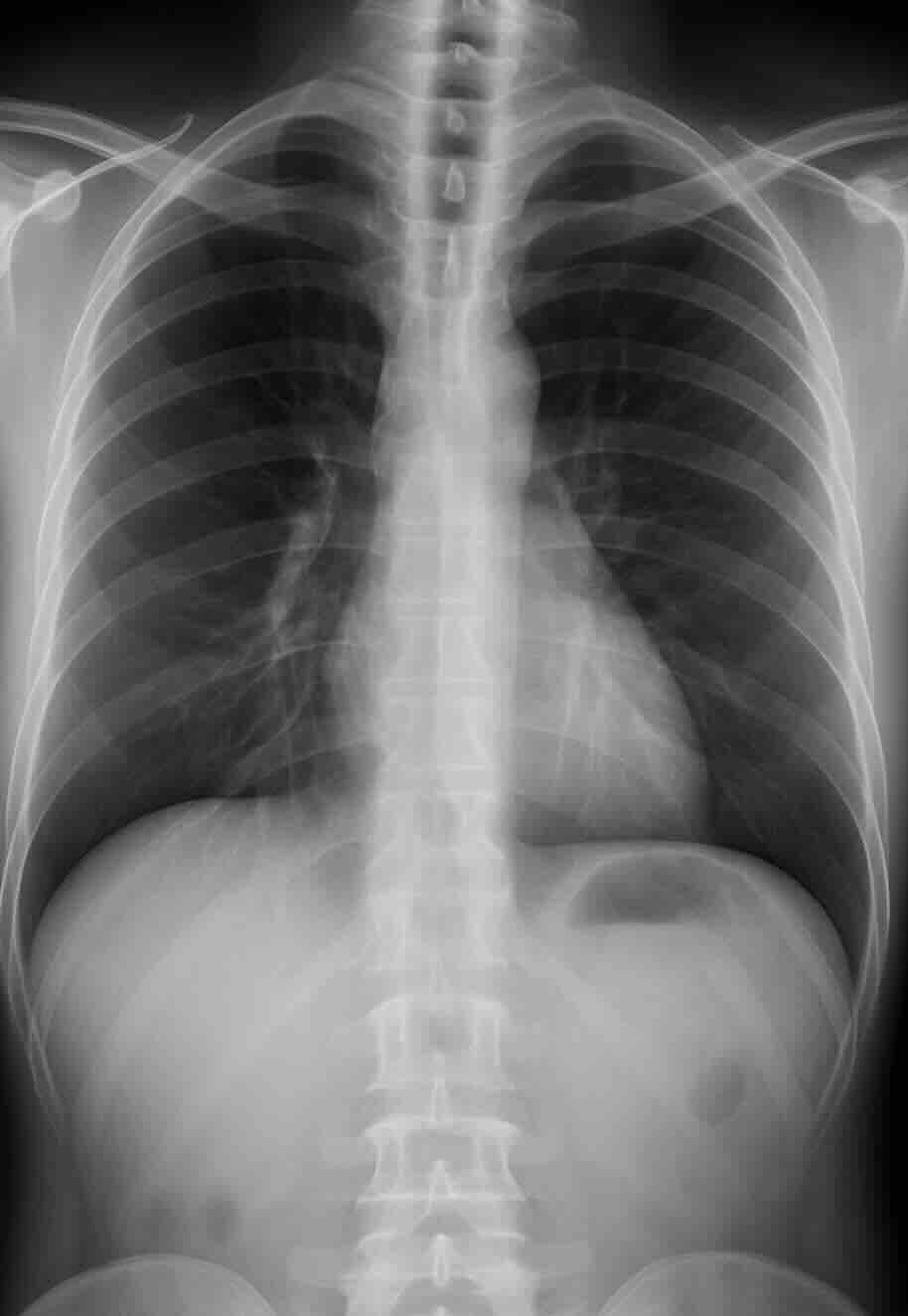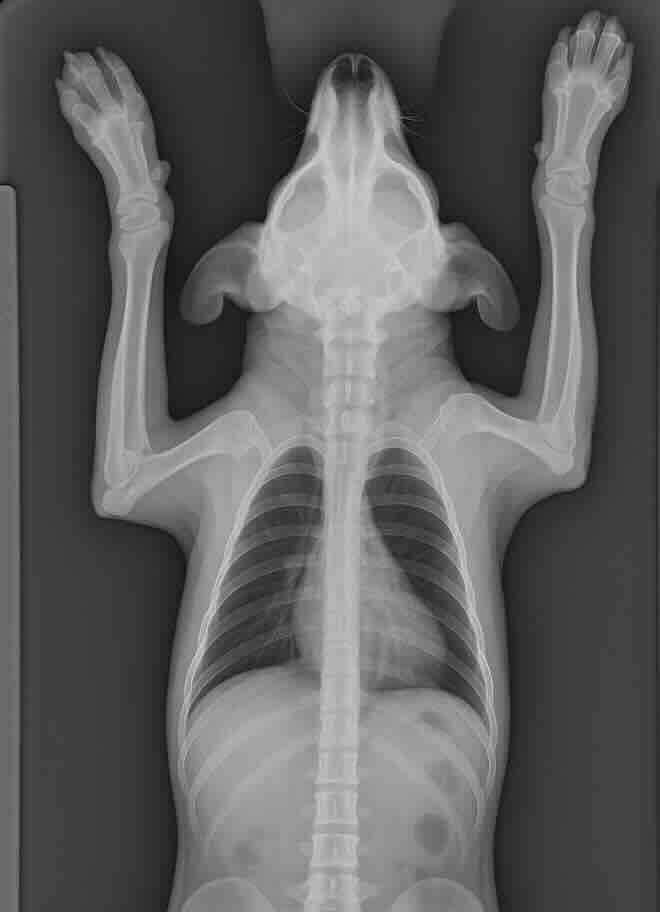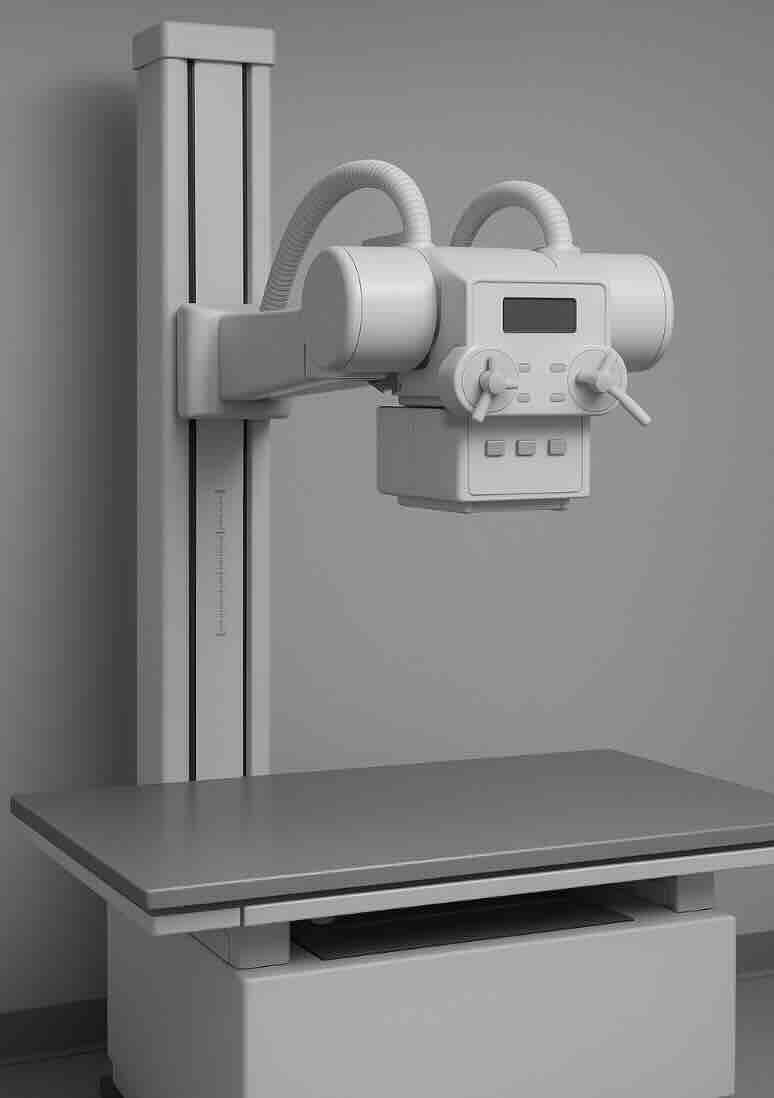How Much Does an X-Ray Cost in 2025? Complete Price Guide
Key Takeaway
The same x-ray can cost $100-$800+ depending on where you get it. Hospitals typically charge 2-4x more than imaging centers for identical x-rays.
X-rays are one of the most common diagnostic imaging procedures performed in healthcare settings. They use radiation to create images of the inside of your body, helping doctors diagnose conditions, monitor the progression of disease, and check how well treatments are working. Despite their common use, the cost of x-rays can vary significantly based on multiple factors.
When it comes to x-ray costs, there is no one-size-fits-all answer. The price you'll pay depends on several key factors including where you get the x-ray done, what type of x-ray you need, whether you have insurance, and your geographical location. Understanding these factors can help you make informed decisions about your healthcare and potentially save money.
Factors Affecting X-Ray Costs
The cost of an x-ray can be influenced by a multitude of factors, which is why there's such a wide range in pricing across different healthcare providers and geographical locations. Here are the primary factors that impact x-ray costs:
Type of X-Ray
Different types of x-rays require different equipment, techniques, and levels of expertise, which directly affects the cost. For example:
- A simple chest x-ray typically costs less than a dental panoramic x-ray
- X-rays that require contrast dye (such as barium x-rays) are generally more expensive
- Multiple views or specialized x-rays (such as those used in orthopedics) may cost more than standard single-view x-rays
Healthcare Setting
The facility where you receive your x-ray significantly impacts the cost:
- Hospital radiology departments typically charge more than standalone imaging centers
- Urgent care facilities usually charge less than emergency rooms but more than primary care offices
- Independent imaging centers often offer the most competitive pricing for self-pay patients
- Veterinary x-ray costs vary widely between specialty animal hospitals and local veterinary clinics
Insurance Coverage
Your insurance status plays a crucial role in determining your out-of-pocket costs:
- With insurance, you may pay only a copayment or a percentage of the cost after meeting your deductible
- Without insurance, you'll typically pay the full rate, although many facilities offer self-pay discounts
- Different insurance plans have different coverage levels for diagnostic imaging
- Some plans require pre-authorization for certain types of x-rays
Geographical Location
Healthcare costs, including x-rays, vary significantly by region:
- Urban areas generally have higher healthcare costs than rural areas
- States with higher costs of living typically have higher medical imaging costs
- Competition between providers in a given area can influence pricing
Average X-Ray Costs in the United States
While costs can vary widely based on the factors mentioned above, here are some general ranges for common x-ray procedures in the United States (without insurance):
| X-Ray Type |
Low Cost |
Average Cost |
High Cost |
| Chest X-Ray (2 views) |
$100 |
$200 |
$500+ |
| Dental X-Ray (single) |
$15 |
$25 |
$75+ |
| Dental X-Ray (full mouth) |
$85 |
$150 |
$300+ |
| Extremity X-Ray (arm, leg) |
$100 |
$180 |
$400+ |
| Abdominal X-Ray |
$200 |
$350 |
$600+ |
| Spine X-Ray |
$200 |
$300 |
$600+ |
| Dog/Cat X-Ray |
$75 |
$250 |
$500+ |
Note: These are average x-ray costs without insurance in 2025. With insurance, copays typically range from $0-$50. Prices vary by location - use CPT codes when calling for exact x-ray price quotes.
💰 Money-Saving Tip
Always call multiple facilities to compare x-ray prices before scheduling. Many imaging centers offer discounts of 30-70% for patients who pay in full at the time of service.
Find Cheapest X-Ray Near Me
For a comprehensive list of costs for all radiology services across the United States, including MRIs, CT scans, and specialty X-rays, visit our US X-Ray Costs page.
Common X-Ray CPT Codes and Average Costs
When comparing x-ray prices, using CPT codes ensures you're getting quotes for the exact same procedure. Here are the most common x-ray CPT codes and their typical costs:
| X-Ray Type |
CPT Code |
Imaging Center |
Hospital |
| Chest X-Ray (2 views) |
71046 |
$75-$200 |
$300-$600 |
| Chest X-Ray (1 view) |
71045 |
$50-$150 |
$250-$500 |
| Hand X-Ray (2-3 views) |
73120 |
$70-$180 |
$280-$450 |
| Ankle X-Ray (3 views) |
73610 |
$80-$190 |
$300-$480 |
| Knee X-Ray (4 views) |
73564 |
$100-$250 |
$350-$550 |
| Shoulder X-Ray |
73030 |
$85-$200 |
$320-$500 |
| Spine X-Ray (lumbar) |
72110 |
$120-$300 |
$400-$700 |
| Abdomen X-Ray |
74019 |
$150-$350 |
$450-$800 |
💡 Pro Tip: How to Get the Cheapest X-Ray
1. Call with the CPT code for accurate quotes
2. Compare at least 3 facilities
3. Ask for cash-pay discounts (often 30-70% off)
4. Choose imaging centers over hospitals
5. Consider urgent care for simple x-rays
X-Ray Cost Without Insurance: What You Need to Know
If you're wondering "how much does an x-ray cost without insurance?", the answer varies significantly based on where you go. Without insurance, x-ray costs typically range from $100 to $1,000, with the national average around $260-$460. However, smart shopping can reduce these costs by up to 70%.
Average X-Ray Costs by Facility Type (Without Insurance)
- Freestanding Imaging Centers: $100-$400 per x-ray
- Urgent Care Centers: $45-$250 per x-ray
- Hospital Outpatient: $300-$800 per x-ray
- Emergency Room: $500-$1,500+ (includes ER fees)
How to Find the Cheapest X-Ray Near Me
Finding affordable x-ray services requires knowing where to look and what questions to ask. Here's your step-by-step guide to finding the cheapest x-ray near you:
- Use Online Price Comparison Tools: Websites like MDsave, New Choice Health, and Healthcare Bluebook provide x-ray price estimates for your area
- Call Multiple Facilities: Contact at least 3-5 imaging centers, urgent care clinics, and hospitals
- Ask the Right Questions:
- "What is your cash price for CPT code [specific code]?"
- "Do you offer discounts for paying in full at time of service?"
- "Are there any additional fees beyond the x-ray cost?"
- Consider Discount Programs: Some facilities offer membership programs or work with companies like Radiology Assist that provide x-rays for as low as $50
- Check Community Health Centers: Federally qualified health centers often provide x-rays on a sliding scale based on income
X-Ray Costs Across the United States
X-ray prices vary significantly by state due to differences in cost of living, provider competition, and regional healthcare markets. Below is a snapshot of average X-ray costs across different states:
Our detailed state-by-state analysis provides comprehensive information on X-ray costs across all 50 states, including price comparisons, factors affecting regional variations, and strategies to save money regardless of your location.
2025 X-Ray Price Trends and Market Analysis
X-ray costs in 2025 continue to show significant variation across the healthcare market. According to recent data, the average x-ray cost has increased by approximately 3-5% from 2024, driven by inflation and rising healthcare operational costs. However, competition among imaging centers has kept price increases moderate compared to other medical services.
Key X-Ray Pricing Trends for 2025:
- Increased Price Transparency: Federal regulations now require hospitals to publish x-ray prices online, making it easier to compare costs
- Growing Cash-Pay Market: More facilities offer substantial discounts (30-70%) for upfront cash payments
- Telemedicine Integration: Some urgent care centers now offer virtual consultations before x-rays, potentially reducing overall costs
- Insurance Changes: Many insurance plans have increased x-ray copays to $50-$75 in 2025
Urgent Care X-Ray Cost: A Budget-Friendly Alternative
Urgent care centers have become increasingly popular for non-emergency x-rays due to their convenience and affordability. Urgent care x-ray costs typically range from $45 to $250, making them 50-70% cheaper than hospital emergency rooms.
Benefits of Urgent Care X-Rays:
- No appointment needed - walk-in service available
- Shorter wait times compared to emergency rooms
- Transparent pricing with upfront cost estimates
- Most insurance plans accepted with lower copays than ER visits
- Digital x-rays with immediate results
X-Ray Cost Calculator: Estimate Your Out-of-Pocket Expenses
To estimate your x-ray cost, consider these factors:
Quick X-Ray Cost Estimator
Step 1: Identify your x-ray type (chest, hand, dental, etc.)
Step 2: Choose facility type:
• Imaging Center: Base cost × 1.0
• Urgent Care: Base cost × 1.2
• Hospital Outpatient: Base cost × 2.5
• Emergency Room: Base cost × 4.0 + ER fees
Step 3: Apply insurance or cash discount:
• With Insurance: Copay ($0-$75) or coinsurance (10-40%)
• Cash Pay: Subtract 30-70% discount if paying upfront
X-Ray Costs With Insurance
If you have health insurance, your out-of-pocket cost for an x-ray will typically be much lower than the full price. However, the exact amount you'll pay depends on your specific insurance plan's structure and benefits. Here's how different insurance components affect your x-ray costs:
Copayments
Many insurance plans charge a fixed copayment for diagnostic imaging services like x-rays. This might range from $25 to $75 per x-ray, regardless of the actual cost of the procedure.
Deductibles
If you haven't met your annual deductible, you may need to pay the full negotiated rate for your x-ray until your deductible is satisfied. Insurance-negotiated rates are typically lower than self-pay prices.
Coinsurance
Some plans require you to pay a percentage of the cost (coinsurance) after meeting your deductible. For example, you might pay 20% of the cost while your insurance covers the remaining 80%.
Out-of-Pocket Maximums
If you've reached your plan's out-of-pocket maximum for the year, your x-ray may be covered at 100% with no additional cost to you.
It's important to note that not all insurance plans cover x-rays in the same way. Some may categorize certain types of x-rays as preventive care (like dental bitewing x-rays during routine check-ups), while others may classify them as diagnostic procedures. This classification can significantly impact your costs.
Saving Money on X-Ray Costs
Whether you have insurance or are paying out-of-pocket, there are several strategies you can use to reduce your x-ray costs:
For Those With Insurance:
- Stay in-network: Using in-network providers can save you substantial amounts on your out-of-pocket costs.
- Check for pre-authorization requirements: Some insurance plans require pre-authorization for imaging tests. Skipping this step could result in denied claims.
- Ask about facility fees: Hospital-based imaging often includes facility fees that freestanding centers don't charge.
- Review your EOB: Always check your Explanation of Benefits (EOB) for errors in billing or coverage.
For Self-Pay Patients:
- Shop around: Prices can vary dramatically between different facilities, even in the same area.
- Ask about cash-pay discounts: Many facilities offer significant discounts (often 20-50%) for patients who pay in full at the time of service.
- Consider standalone imaging centers: These facilities often charge less than hospitals for the same x-rays.
- Look into payment plans: If you can't afford to pay in full, many providers offer interest-free payment plans.
📱 Pro Tip: Price Transparency
Ask for the CPT code (procedure code) for your x-ray from your doctor, then call imaging centers to get exact price quotes. For example, a 2-view chest x-ray is CPT code 71046. This ensures you're comparing identical procedures.
The Importance of X-Rays in Medical Diagnosis
Despite cost considerations, it's important to recognize the vital role x-rays play in medical diagnosis and treatment. X-rays help healthcare providers:
- Identify broken bones and joint problems
- Detect pneumonia and other lung conditions
- Diagnose dental problems that aren't visible during a regular exam
- Identify certain types of cancer and tumors
- Monitor the progression of conditions like scoliosis
- Guide certain medical procedures
The information provided by x-rays can be crucial for proper diagnosis and treatment planning. While cost is certainly an important consideration, it should be balanced with the medical necessity and potential benefits of the procedure.
Medical Disclaimer
The information provided on XRayCost.com is for general informational and educational purposes only and is not a substitute for professional medical advice. Always seek the advice of your physician or other qualified health provider with any questions you may have regarding a medical condition or medical procedure. Never disregard professional medical advice or delay in seeking it because of something you have read on this website.
Last Updated: May 14, 2025


